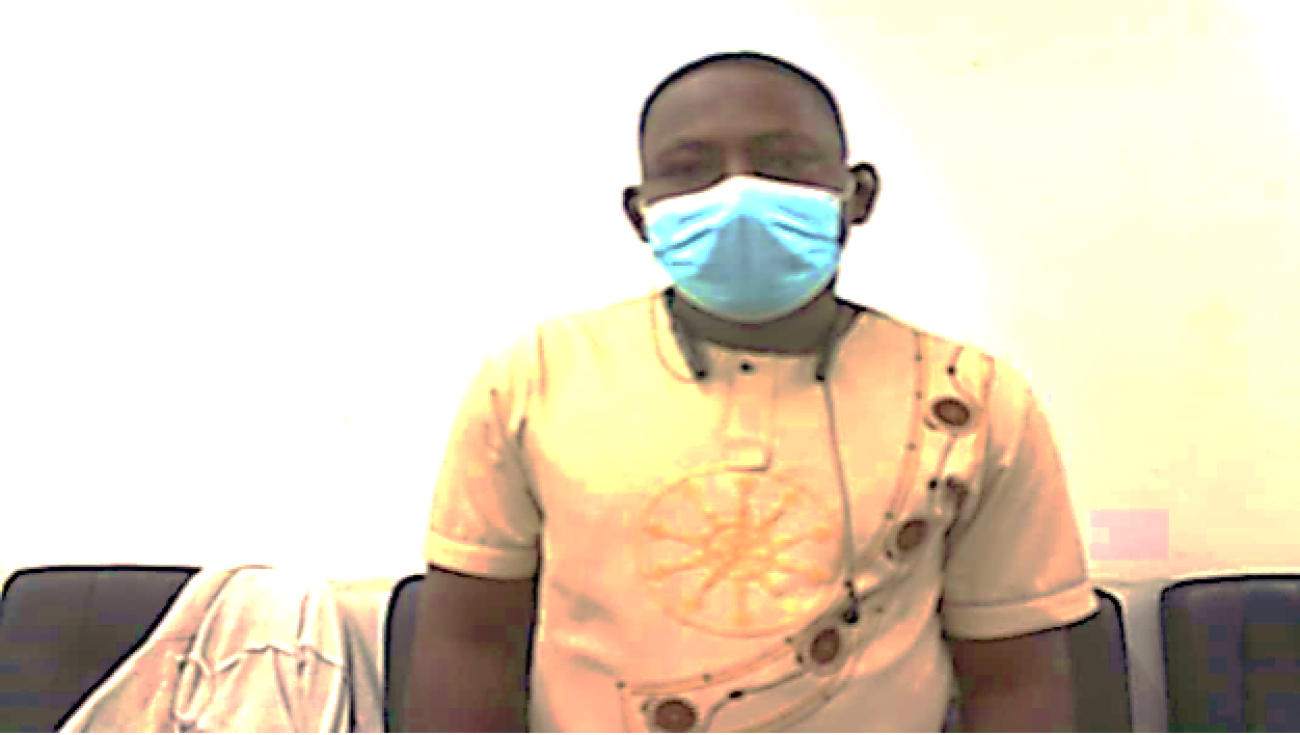World Health Organization (WHO) Gambia trained 60 local journalists on the prevention and management of misinformation in the context of COVID-19. From 18th to 19th January 2021, journalists were equipped with skills to deal with misconceptions and fake news like “COVID-19 is over".
Without a strong media engagement, the spread of rumours and misconceptions through social media and other means can slow the fight against the pandemic.
Explaining rumour management, Mr Mass Joof, Public Health Officer in Directorate of Health Promotion and Education reminded journalists to always uphold the code of ethics in guiding the society from misinformation. He further unpacked the following strategies,
" Engage the community from where the rumour is coming from. Stay calm and focus on the subject matter once you hear rumours. Do not create panic and stick to key messages; being factual and straight to the point. Use credible sources and avoid joining in circulating rumours."
Currently, the perception that "COVID-19 is over" has probably resulted in noncompliance with recommended guidelines such as social distancing, wearing of face masks, sanitizing. This has also culminated in the low uptake of health essential services especially voluntary testing for COVID-19.
A coordinated approach between media and stakeholders such a Ministries of Information, Health and WHO is ideal in improving COVID-19 newsgathering. Mr Sawanjali Deputy Director in Directorate of Health Promotion and Education said,
“As MOH we need Journalists to verify. We are there to provide you with correct information. and we post on our website.”
Omar Bah, a journalist from The Standard newspaper who attended the workshop said he has benefited from the training since he is now ready to engage in positive reporting towards COVID-19 pandemic. He was eager to tell stories from hard-to-reach areas. He said,
"The programme has set us from being reporters to being part of response team, engaging communities to understand their problems. We are now chain agents and not just disseminators of information. We can now define social needs of communities, and speak about them in our reporting,"





